
OR
Nepal dillydallying on OBOR since Oli's ouster as PM
Published On: February 15, 2017 08:00 AM NPT By: Republica | @RepublicaNepal
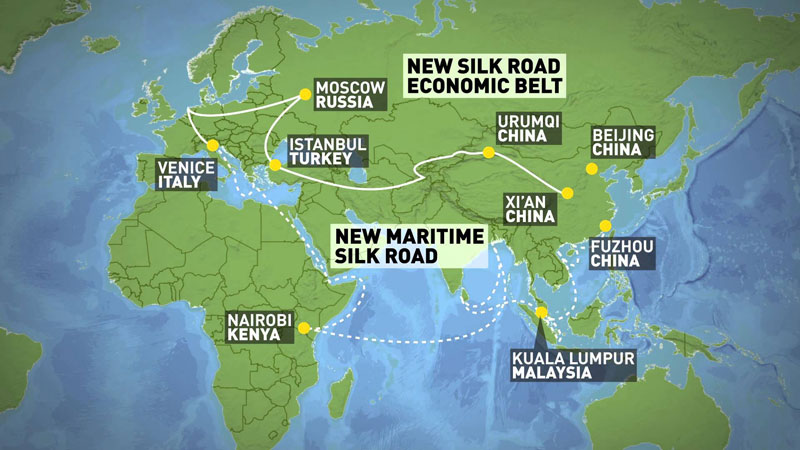
-Project would entail huge grants for infrastructure
-Delay rousing China's suspicions
-Eperts argue for more homework
KATHMANDU, Feb 15: Although Nepal has already agreed in principle to join the One Belt One Road (OBOR) project, inordinate delay on the part of the government led by Pushpa Kamal Dahal in expediting the signing of a Memorandum of Understanding (MoU) with China has left Nepal's participation in the project uncertain.
Dilly-dallying by the government in responding to the Chinese proposal to formally sign the MoU even though top leaders from most political parties are clearly in favor of becoming part of the ambitious project has not only delayed matters but also made the Chinese deeply suspicious of the intentions of the current government.
Sources said that in all bilateral meetings between the two countries, the Chinese side has been asking Nepal's political leaders and government officials about their position on the OBOR. Although party leaders and government officials alike do not miss any opportunity to express Nepal's commitment to becoming a part of the OBOR, the government has chosen to remain conspicuously silent over the Chinese proposal.
In 2015, Nepal signed the article of agreement to become a founding member of the China-funded Asian Infrastructure Investment Bank (AIIB), which is supposed to extend investment in building the infrastructure necessary for implementing the Silk Road Initiatives, which were later renamed OBOR. Then foreign minister Mahendra Bahadur Pandey in the Sushil Koirala government had expressed commitment to becoming a part of the new initiatives, and a similar commitment was reiterated by KP Sharma Oli when he visited China as prime miister in March, 2016 against the backdrop of the Indian economic blockade.
Then prime minister Oli's foreign relations advisor Gopal Khanal said the Chinese side has been proposing to Nepal to initiate further discussions on reaching an MoU on the OBOR right since the fall of the Oli government. “But the dilly-dallying by the government in responding to the Chinese proposal has left Nepal's intentions on participating in the OBOR initiative uncertain,” said Khanal.
Nepal will be entitled to a huge amount of grants to develop necessary physical infrastructures, especially for enhancing connectivity.
Foreign Relations Advisor to the Prime Minister, Rishi Raj Adhikari, said they have come to learn that the Chinese side has expressed a desire to formalize a deal on the OBOR. “We have come to learn that the Chinese side sent a proposal to reach an MoU. We have inquired about this with the foreign ministry,” said Adhikari.
Although the Chinese side has been asking about Nepal's position on OBOR, there has not been any specific discussions on the project between the two countries with a view to execution. Experts argue that Nepal needs to engage in proper homework and take both the immediate neighbors into confidence before reaching agreement about the deal as India continues to remain opposed to the OBOR initiative.
Then prime minister Koirala's foreign relations advisor, Dinesh Bhattarai, said the Chinese side needs to first furnish specific details about the OBOR so that Nepal could initiate a process to reach an agreement. “I personally feel that we do not have clarity about the OBOR project yet. While the Nepali side needs to have clarity on this, considering its advantages and disadvantages, the Chinese side should also first offer specific details,” Bhattarai said.
You May Like This
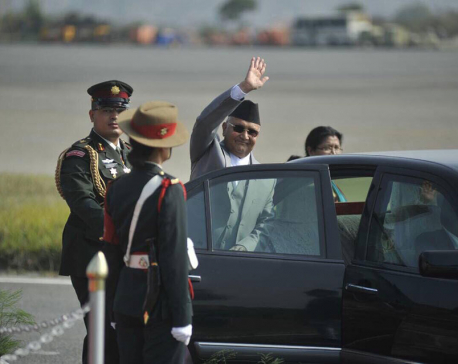
What Nepal needs is India's friendship and support for growth: Nepal PM Oli
In an exclusive interview to The Hindu, Mr. Oli says the bitterness of past relations have been put behind them,... Read More...
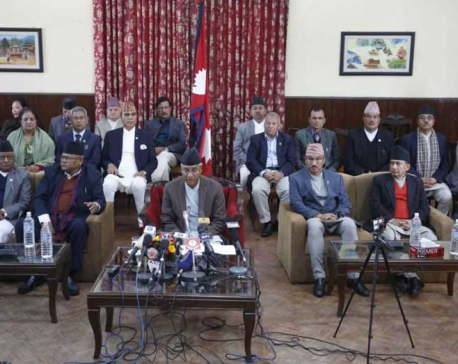
PM Deuba resigns, Oli to be sworn in as 38th PM of Nepal
KATHMANDU, Feb 15: Following a national address to the country from the Prime Minister's Residence, PM Sher Bahadur Deuba has... Read More...
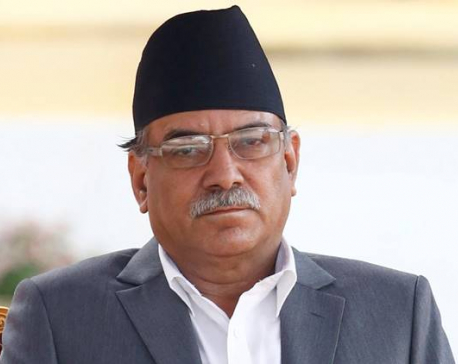
Nepal to sign OBOR MoU with China soon: PM
KATHMANDU, Feb 27: Prime Minister Pushpa Kamal Dahal has said that Nepal will soon formally sign a Memorandum of Understanding (MoU)... Read More...





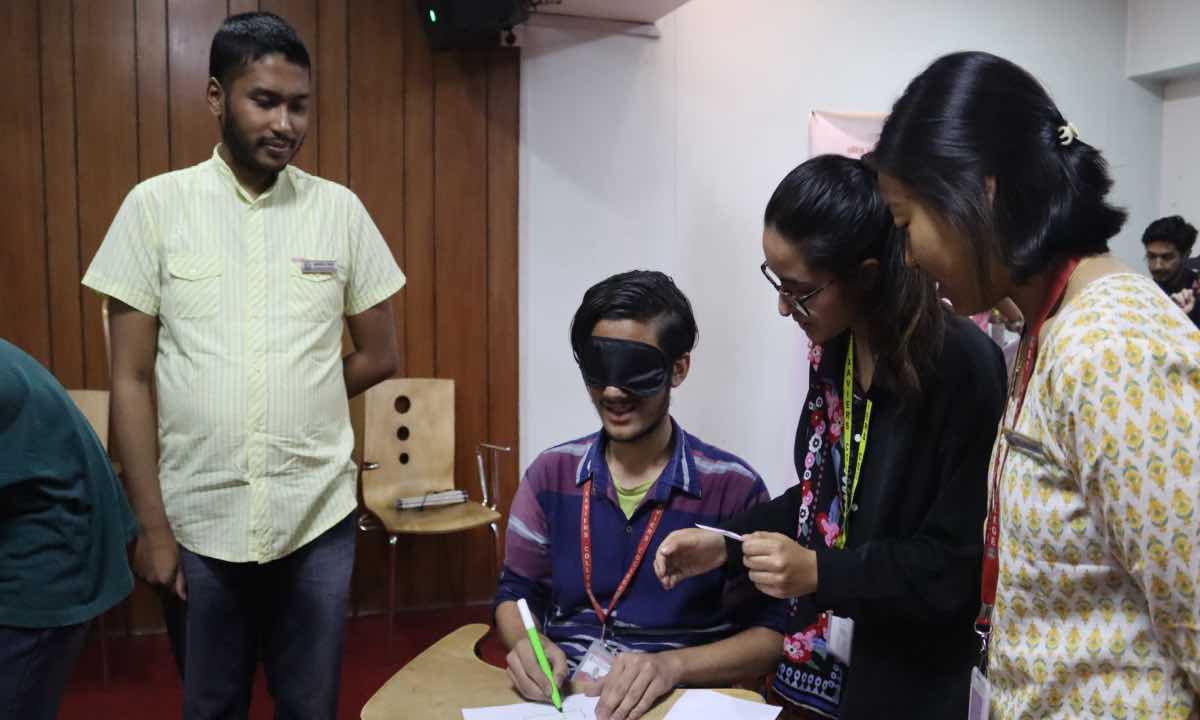

Just In
- Forest fire destroys 13 houses in Khotang
- First meeting of Nepal-China aid projects concludes
- Lungeli appointed as Minister for Labor and Transport in Madhesh province govt
- Bus knocks down a pilgrim to death in Chitwan
- One killed in tractor-hit
- Karnali Chief Minister Kandel to seek vote of confidence today
- Chain for Change organizes ‘Project Wings to Dreams’ orientation event for inclusive education
- Gold price decreases by Rs 200 per tola today









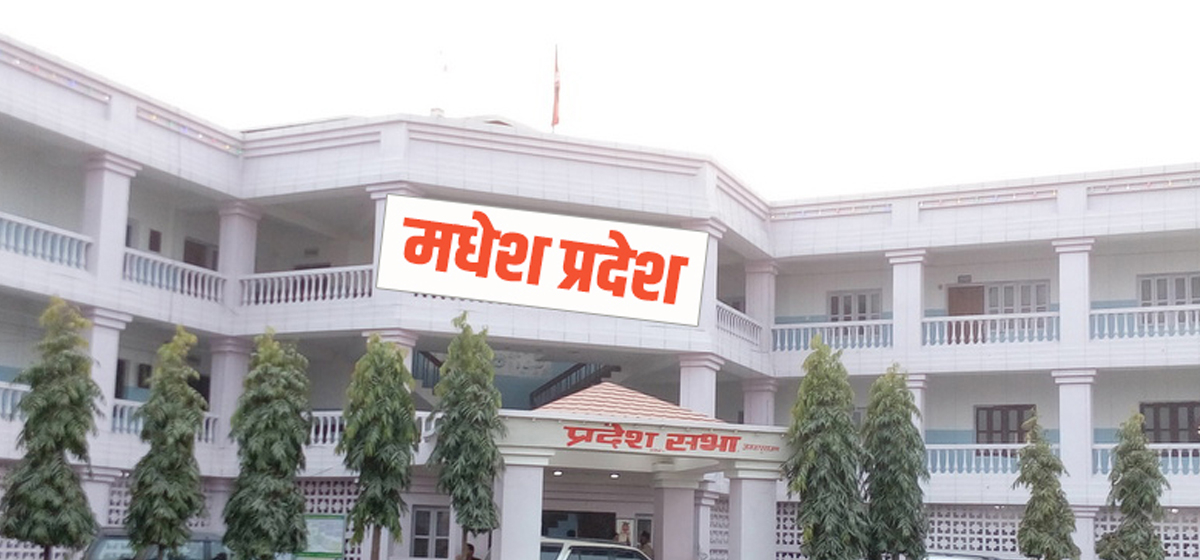


Leave A Comment